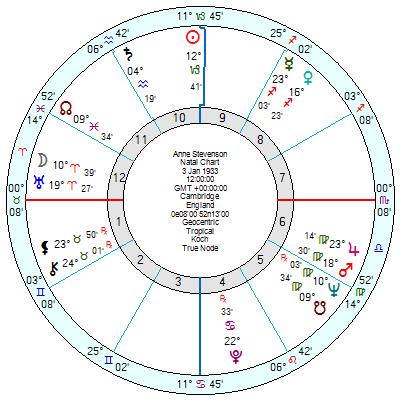
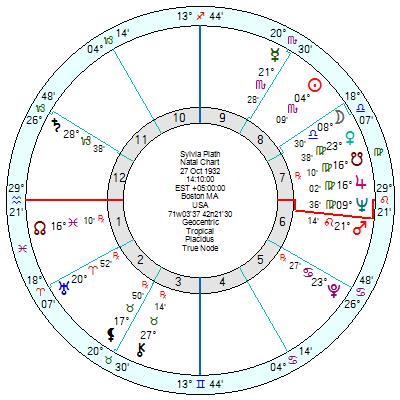
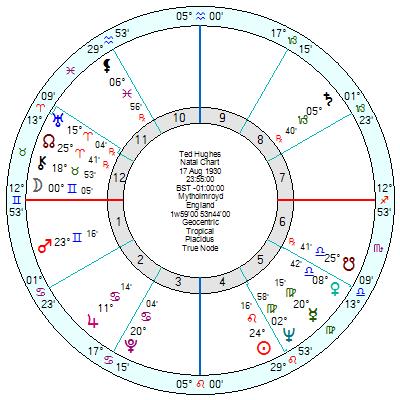
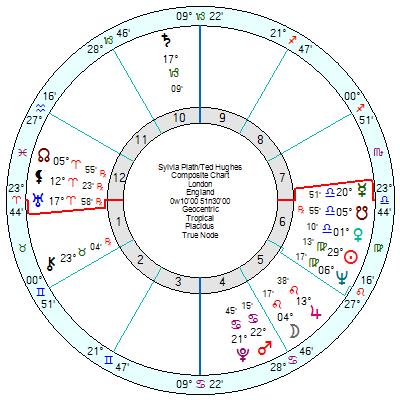
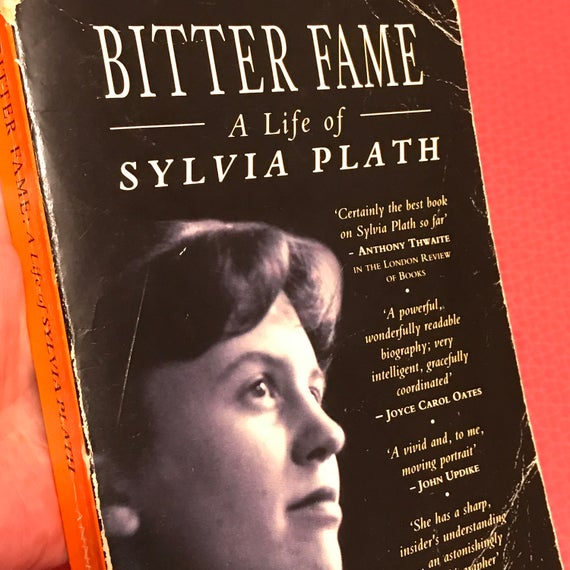
Anne Stevenson, the poet, has died whose ‘meticulously crafted poetry was elegiac, witty, passionate and sharply visual’ in the words of a reviewer. She avoided fame and publicity – out of a distrust of “the ego-hill, the misery-well,/ the siren hiss of publish, success”. But became the focus of outrage for Bitter Fame her biography of Sylvia Plath in which she apportioned equal blame to Plath as well as Ted Hughes for the breakdown of their relationship, before Plath’s suicide. The biography was highly praised as “by far the most intelligent, and the only authentically satisfying” record of Plath’s life and a decade later Stevenson was vindicated when Ted Hughes published his Birthday Letters. But the hostility of the Plath worshippers made her weary of the subject.
I would have to confess I never quite understand the whole Plath mania or why she became so emblematic of downtrodden womanhood for the burgeoning feminist movement.
Anne Stevenson, 3 January 1933, was born less than three months after Plath, 27 October 1932 2.10pm Boston, Massachusetts, so both had the idealism and dreaminess of Jupiter Neptune in Virgo; and the disruptive Pluto square Uranus. Though in Plath’s case Saturn in Capricorn opposing Pluto would give her a depressive streak. Stevenson had a Capricorn Sun, which does have a creative side. The sign is sometimes referred to as the stander on the threshold between the unconscious (creativity) and the conscious so can bring ideas from the imaginative realm and make them real. Sometimes, with business men, turning them into money.
Sylvia Plath did have an 8th house Scorpio Sun which would give her a dark and passionate resonance though why that implanted itself into the public consciousness in such an enduring way isn’t obvious. She did have an unaspected Libra Moon which Tierney describes as ‘the most personal traumatic of any planet’ bringing a sense of disconnection, making her overly vulnerable, unstable and unable to find the nurturing she needed.
Her relationship with Leonine Ted Hughes, 17 August 1939 11.55 pm Mytholmroyd, England, was toxic with a hostile, power-struggling Mars Pluto conjunction opposition Saturn square Uranus opposition Mercury. The surprise isn’t that they parted, it’s that they ever got together in the first place. Though admittedly there was an affectionate Sun Venus conjunction as well.
Plath had Neptune in her 7th so would be attracted to elusive though affectionate partners and while dependent with her Moon, Venus, Jupiter in her 7th as well she would find commitment difficult.
Plath’s leaving-a-legacy 17th harmonic is heavily aspected as was her global-fame 22H – which may be some pointer to why she became such an iconic figure.

Extraordinary that this review overlooks the extensive chart casting that Ted Hughes, a very serious amateur astrologer, did for his and Plath’s marriage. His own phrase, taken from his work, was “the solar system married us.” Birthday Letters only vindicates the craven and frequently unsubstantiated Bitter Fame, if you wholly accept Ted Hughes version of events. Given this is a man who wrote to his brother Gerald, and his friends Lucas Myers and Daniel Huws, about choosing between his ABC of women (Assia, Brenda, Carol), it is impossible to conclude that anything is vindicated except a wish to deride Plath and condemn her so-called feminist fans (many of us are literary critics, which is a long way from being the same thing). The parochial and intellectual sloppy tone of both the book and the review tells me this is wholly about ideology.
She is a romantic figure I think. Her poetry was also quite edgy.
I actually purchased a paperback copy of “The Bell Jar” by Sylvia Plath awhile back from a local family-owned bookstore I’ve been doing business with for years.
I still haven’t read it yet because I have so many other books I’m interested in reading at the moment. However, it’s definitely one of my must reads.
Chris Romero
Jacksonville, Florida, U.S.
Decades ago I took a suicide awareness workshop. The internet had just emerged so I did some research. A father had posted a beautiful sharing of the life and death of his son.
He proposed that it ought to be called “panicide”…. the killing of pain.
That “suicide”, .. the killing of oneself.. although accurate.. does not tell the whole story.
Having touched very close to this in my own life those many years ago, I would strongly agree. In that moment, there does not seem to be any way out of the pain except this one.
“The Bell Jar” was apparently pulished a month before plath took her life on feb 11, 1963 (https://en.wikipedia.org/wiki/1963_in_literature)
I have never really been moved by Plaths poetry, but when I was 18 I stumbled upon “The Bell Jar” and it moved me so much that I read it so many times I could memorise great chunks of it by heart. Then I made freinds with someone and it turned out she could do the same thing, and we recited it together. Later I remember hearing an English teacher talk, she had introduced a class of six form girls to that book and several of them had become totally infatuated with it in a way in which my freind hadn´t expected and felt rather embarrassed about. I’m not sure the book would have the same effect on teenage girls today, or even myself if I reread it today. But I would suggest that it was this book rather than her other poetry which resulted in the sentiments you name here. Another reference: in the Tv police series “Happy Valley” written by Sally Wainwright, the lead character visits her daughter grave (her daughter committed suicide) and the grave behind is that of Sylvia Plath.
You have written this a couple of day after suicide awareness day, and I think that the way people talk about suicide now is different – not so easily something you can blame on another person.